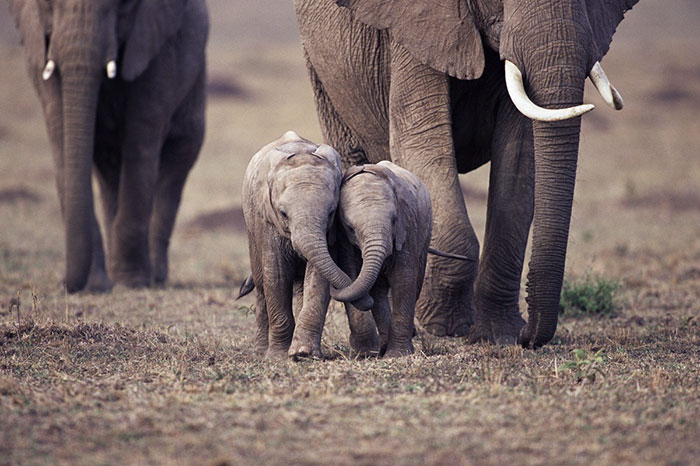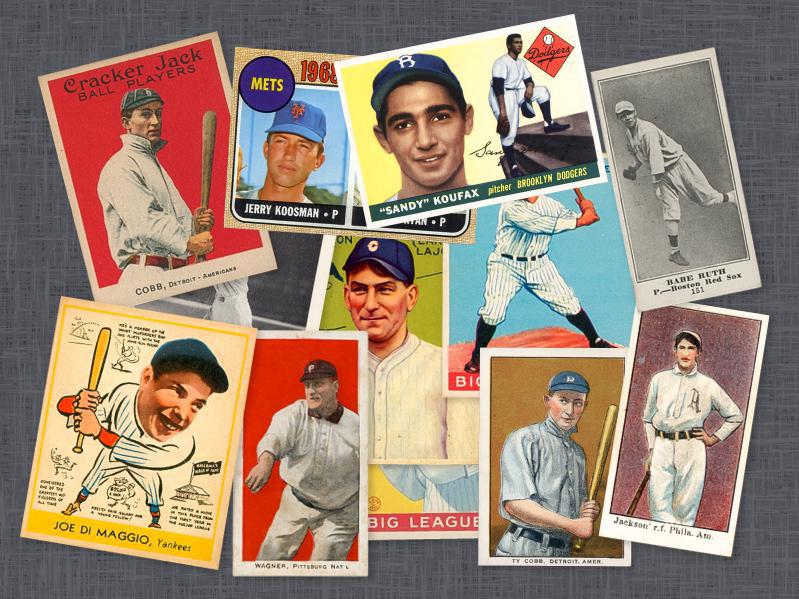I’ve been reading all about ISIS. Mostly
I’ve been covering the news on the fighting in Syria because it looks like it’s
coming to an end. The ISIS part of it at least. I feel a little guilty about
not following the wars we (Americans) are currently engaged in closer. It feels
so far away. Not only far in distance terms but also far away in relevant
terms. This is sadly true in too many of these wars. We, the American people,
lose touch with the mission and the purpose of sending soldiers there in the
first place. I don’t mean the mission isn’t worthwhile or critical to
preventing strongholds of Islamic terrorists that can launch attacks from
sympathetic governments in foreign countries. This is how we got into
Afghanistan after all, take out Al Qaeda and prevent weak governments from
inviting Osama bin laden types to set up camp.
My concern is that Americans are losing
connection to the conflicts we’re involved in. We are able to fight them like
on a small scale with limited loss of life (good thing) and little knowledge of
the scope of the battle (bad thing). Syria sums this up perfectly.
Syria is basically a mixture of groups and
alliances all controlling different territories and with different ideologies.
It’s the last of the Muslim countries to have a rebelling in what started
during 2011 in the “Arab Spring”. It’s also had the toughest government
response to the fighting. Egypt, Morocco, Libya and Yemen all forced their
leaders out through popular will and violent street protests. Most of the
rebellions played out in similar ways, a citizen gets punished unfairly with
beatings or torture for some low level crime. Defiance on a small level
(supposedly kids that used graffiti on official buildings) created a full scale
insurrection that dragged other fighters, jihadists and regime supporters. The
underlying resentment against officials created a spark that lit a powder keg.
When
we finally did send a contingent of troops the biggest questions was “OK, so
who are we supporting exactly?” I
remember talking to a women whose husband was in Syria, this was probably 2016
or so. My response was “Wait, so we have troops there?” Maybe “troops” is the
wrong word, more likely they were elite units and specialists.
To say the rebels we trained didn’t share
our values is an understatement. I don’t mean in the “well I don’t approve of their
methods” line we use when explaining support for non-democratic leaders. I mean
cruelty on a ridiculous scale. I remember a video of a rebel who killed a
soldier and cut his heart out Temple of
Doom style. Unlike Temple of Doom
the fighter did one better and actually ate it. Yep. Those were our boys
alright, for a while anyway. No one was going to make the ‘he may be a cannibal
but he’s our cannibal’ case at least. We abandoned the cause of training and equipping
a lot of these groups shortly after.
The reality of most wars, conflicts,
episodes and flare ups is they reinforce geopolitical realities rather than realign
them. Countries need allies the way people need friends. Friendly governments align based on tradition
or pragmatism. The U.S. aligns with Western Europe because of traditions rooted
in similar cultures, languages, legal and economic systems. We align with
governments of Iraq and Saudi Arabia because of pragmatism and trade, often
reluctantly. The House of Saud fights the regime in Iran (the Ayatollahs) which
spreads terrorism around through the Middle East and especially against Israel.
Russia supports both the government in Iran and Syria.
It’s a bit of mess on a global scale but
if you follow the alliance it makes a lot more sense. Governments help each
other when it’s in their interest. For all the talk about the Cold War being
over much of the alliances post WWII are still in play.
I don’t subscribe to the knee jerk reaction that
“Well that’s their problem, it aint our war”. It’s getting harder to define
what is “our” war and what isn’t. Part of that is our fault, we need to pay
attention. We have the luxury of not knowing where Syria is on a map, let alone
being able to point out the factions and list the grievances. But if we string enough
of these conflicts together year after year at what point is it no longer
America’s military?
It could just become a rapid deploy force
for America’s allies.
The way Congress gets around voting on
each conflict is to give the president the ability to conduct it on his terms
(called the Authorized Use of Military Force). Presidents get to manage the war
and talk to generals about the progress. It makes sense to give this
authorization for expediency’s sake, but voting to send in troops in the first
place is the best option. I know it’s tough to get the legislative branch to
agree to anything, but when presidents make unilateral decisions it creates
separate tracks of responsibility. Wars are fought by the president and the
Defense Department; domestic spending and investigation are done by Congress.
If
the future of warfare is going to consist of small groups of well-trained
soldiers, like Army Rangers, whose missions are limited and opaque, we should
know about it. Our representatives should vote on it and tell us why they did.
Whose interest was served? Does the enemy represent a threat to American
operations or some third tier ally? I’m not against being in Syria necessarily but
I’m worried that our success creates the impression among our friends that we
are the tip of the spear in every possible fighting scenario.
For
all the problems in Afghanistan and Iraq we had some connection to both
conflicts. We had family, friends and neighbors that served in both wars. There
was home-front opposition to the war and messy results in both cases. But President
Bush made a convincing case for both wars we sent our troops. He paid a price.
Our soldiers paid a price. Their families paid a price. We did it the right way
though, tell the American people, enlist allies, plan the war.
I think this is part of the reason for
trying to keep conflicts small and impersonal. Don’t force the public to decide
on sending a hundred thousand troops somewhere, keep it small, keep it out the
news. I’m sympathetic to that line of thinking, but if we aren’t careful it can
become a pattern. Maybe it already is.

/arc-anglerfish-arc2-prod-mco.s3.amazonaws.com/public/5FUH2VPCM5GRBCLONTD6PNIWUI.jpg)


